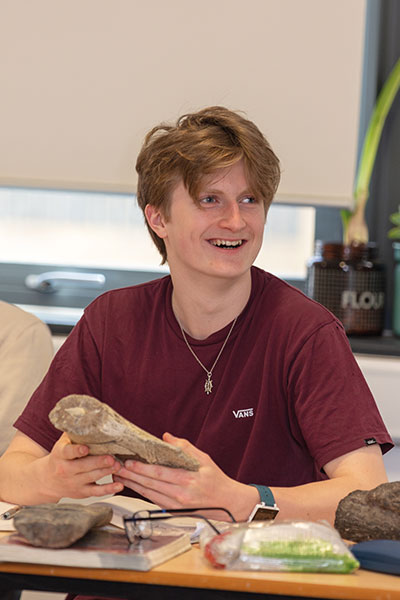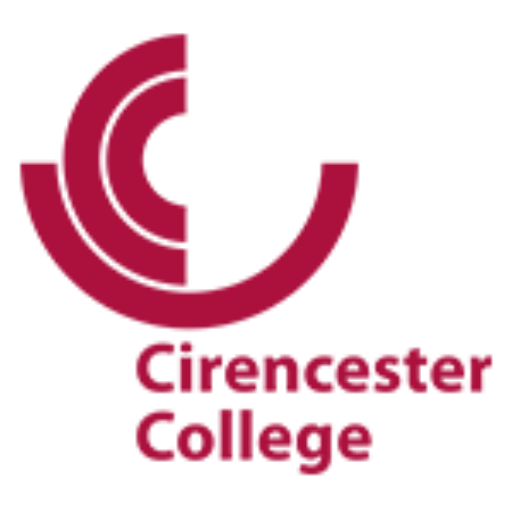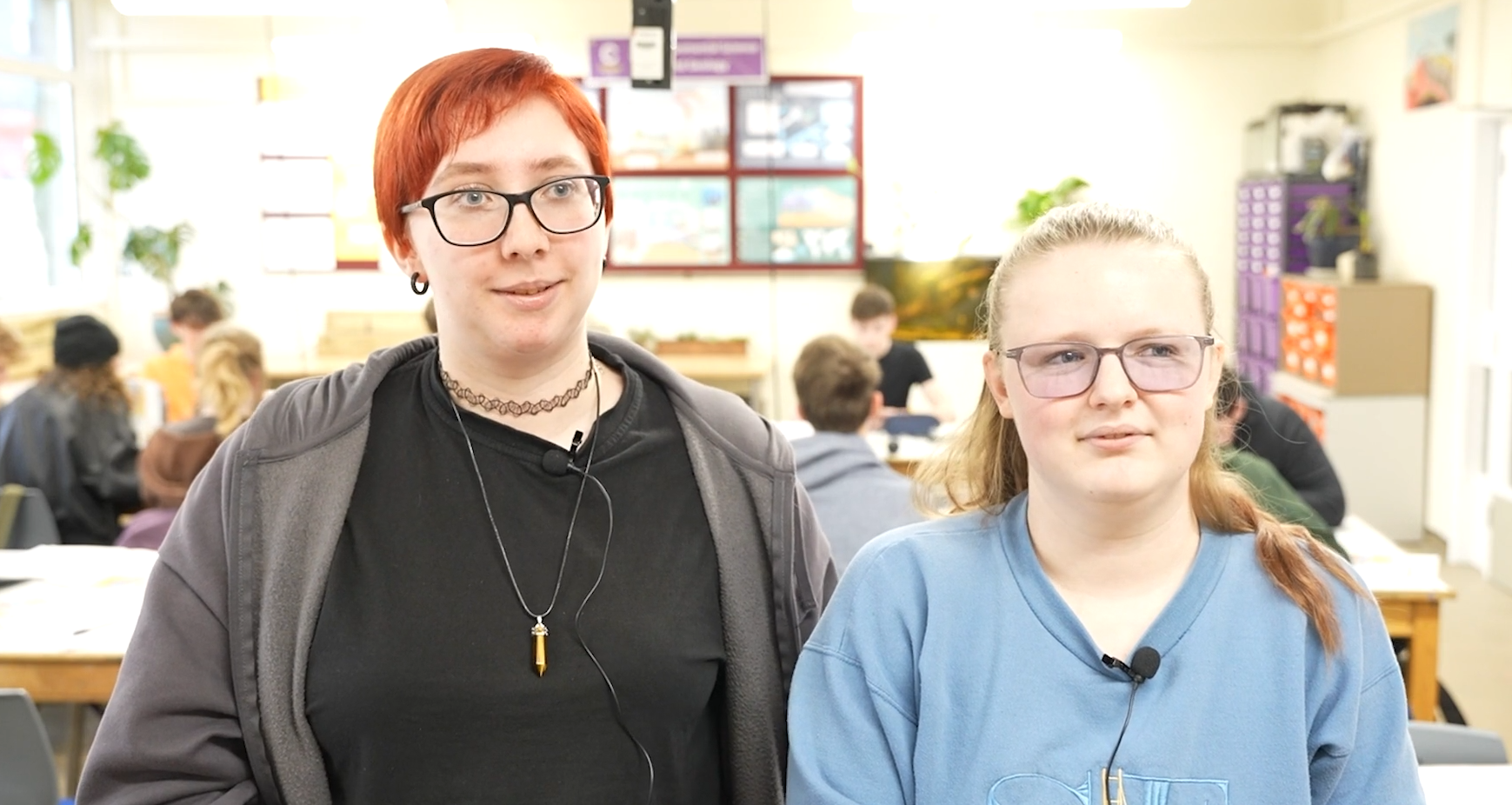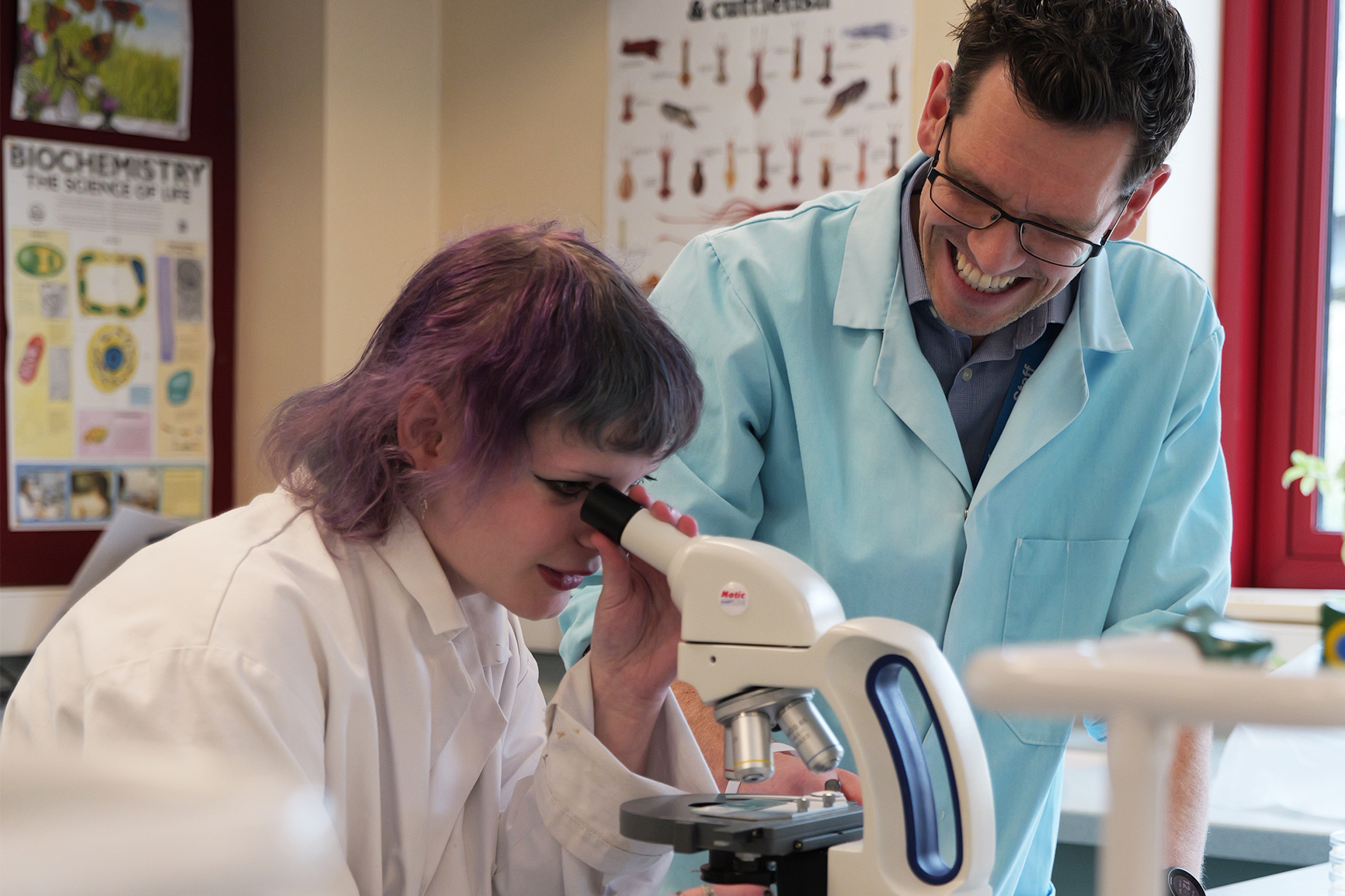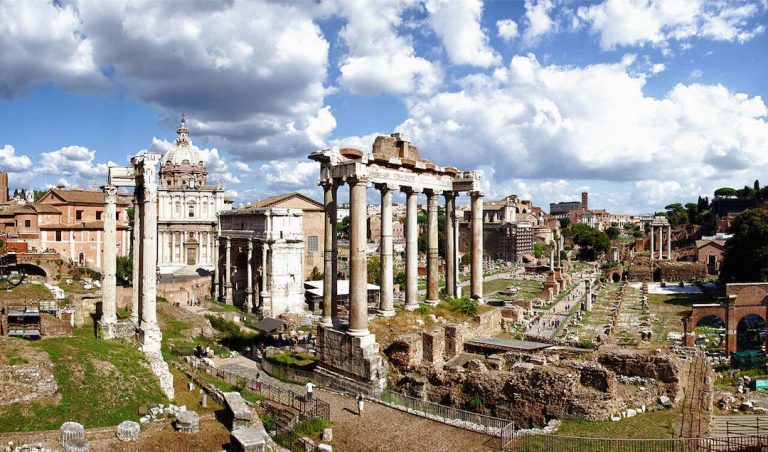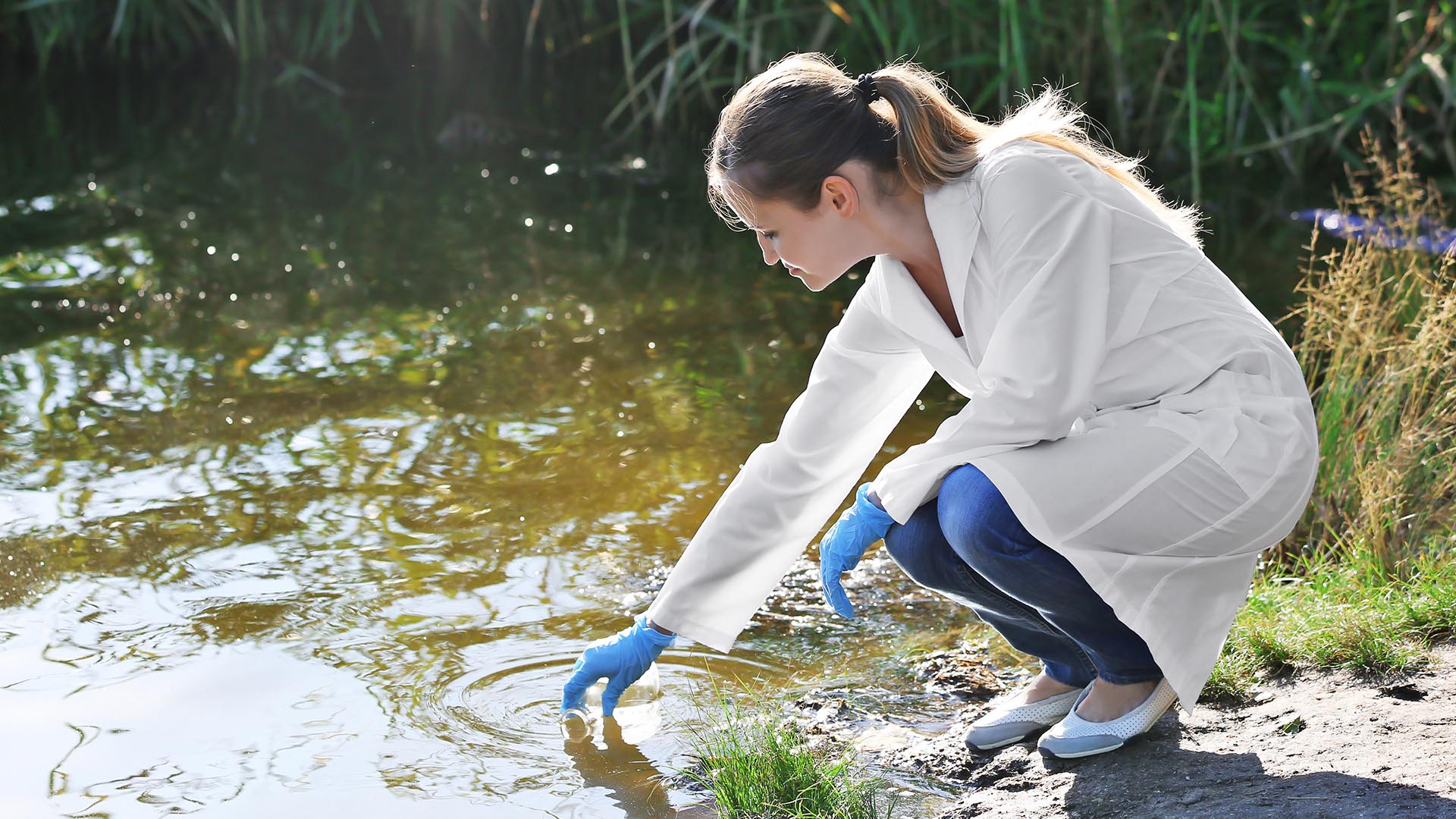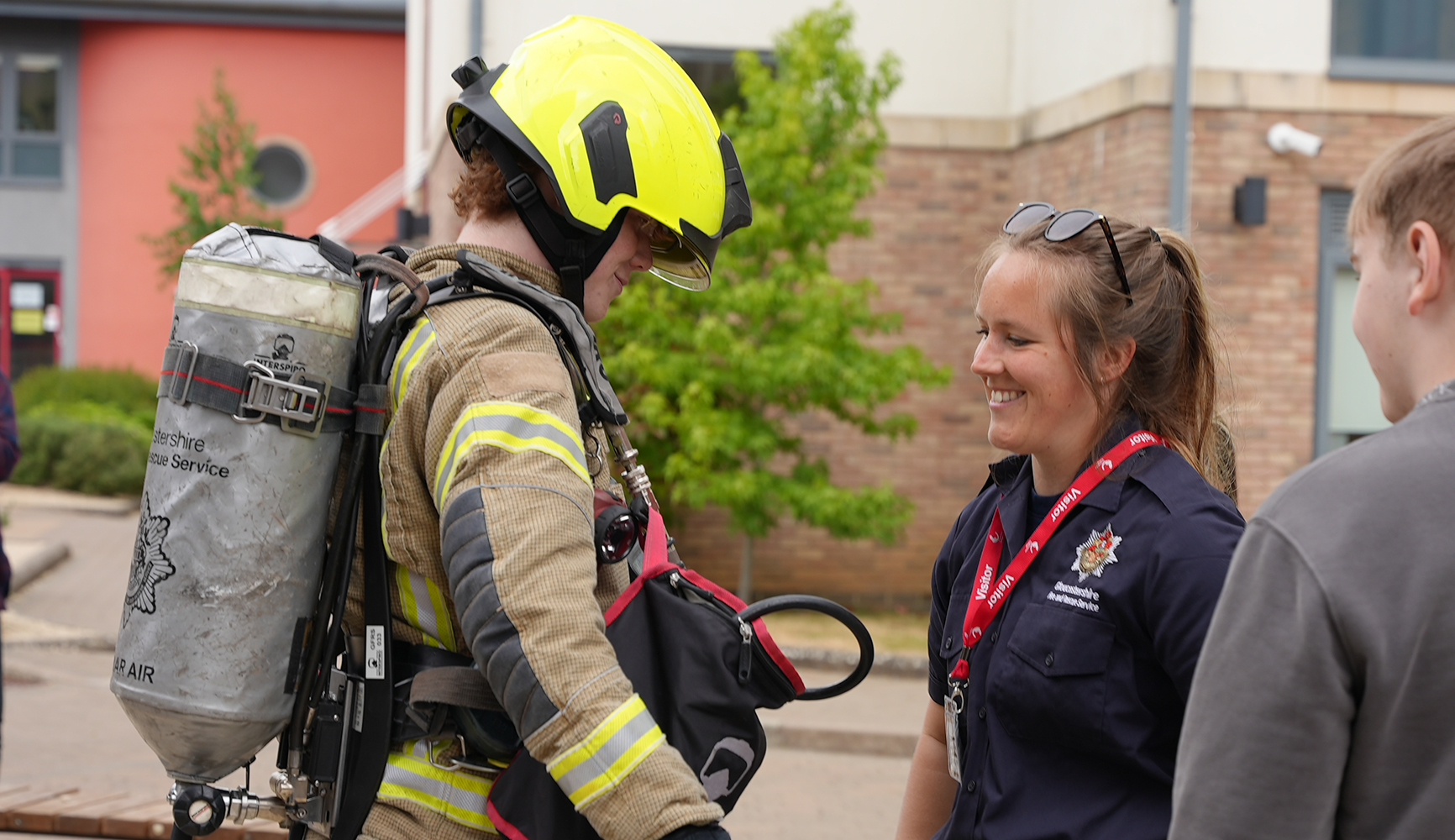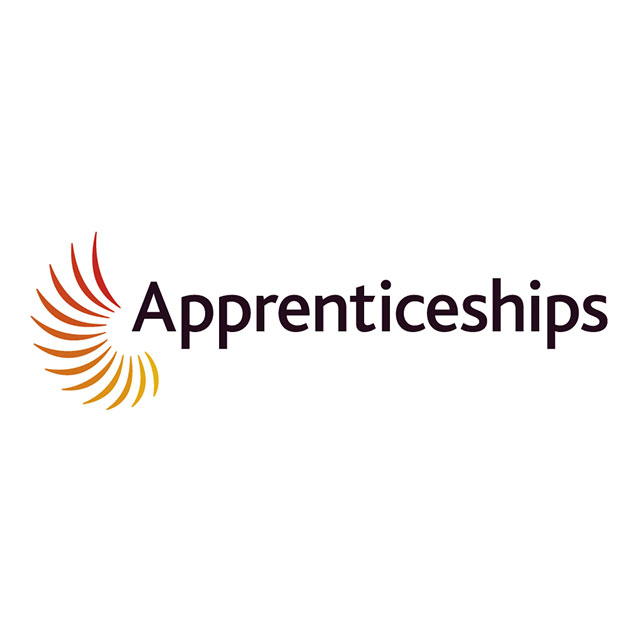DO NOT DELETE OR EDIT THIS ROW OR ITS CONTENTS

Geology is the study of the planet at a scale that you will have never worked at before. Years are insignificant, a thousand years is the blink of an eye, we must look at millions and billions of years to understand the Earth. With this frame of mind in place we look to how geology will help us develop as a society as we collect resources, manage natural disasters and look to the future of human kind.
What will I study in Geology A-level?
Geology brings science and physical geography together to help us understand both past and present physical processes which occur on Planet Earth. We will cover a huge range of processes which include:
1. Fundamentals of Geology – Structure of the Earth
F1 Elements, Minerals and Rocks
Composition of the Earth, identification and classification of minerals and rocks, crystallography, mineral properties, and rock-forming processes
F2 Surface and Internal Processes
Weathering, erosion, transportation, and deposition, internal Earth processes: plate tectonics, volcanism, earthquakes, geological structures and formation of landforms
F3 Time and Change
Geological time scale and dating methods, principles of stratigraphy, fossil succession and correlation of rock units
F4 Earth Structure and Global Tectonics
Structure of the Earth, plate tectonics theory, evidence for continental drift and seafloor spreading
2. Interpreting the Geological Record
G1 Rock Forming Processes
Igneous, sedimentary, and metamorphic processes in detail, Interpretation of rock textures and structures, environments of formation and geological history from rock records
G2 Rock Deformation
Stress and strain in rocks, folding, faulting, and jointing, structural analysis and interpretation of geological cross-sections
G3 Past Life and Past Climates
Fossil formation, types, and uses in interpreting past environments, evolution and extinction events, climate change through geological time and palaeoclimate indicators
G4 Earth Materials and Natural Resources
Economic geology, exploration and extraction methods, environmental impacts and sustainable use of geological resources
3. Geological Themes
T1 Geohazards
Causes and impacts of earthquakes, volcanic eruptions, landslides, and tsunamis, monitoring, prediction, and mitigation strategies, case studies of major geological hazards
T2 Geological Map Applications
Reading and interpreting geological maps and cross-sections, 3D visualisation and geological history reconstruction, use of maps in engineering, hazard assessment, and resource exploration
T3 Quaternary Geology
Geological events and climate changes during the Quaternary period, glacial and interglacial cycles, landform development, dating techniques and evidence for recent climate change
Entry Requirements
5+ GCSEs at Grade 4 or above, all from the core subjects, including English Language and Grade 5 in Maths plus an Average GCSE score of Grade 5.
How will I learn?
You will begin by learning the fundamentals of geology from the structure of the Earth, geological processes, eventually identification of rocks and minerals. These are the basic skills needed to progress through the course. At this point the classic geological skills are explored in a way that allows students to develop their scientific process as they apply what the learnt from one rock type to the next.
The theory portion of the course continues to build up this knowledge using cross curricular links such as the classic sciences, maths and geography to gain deeper understanding of earth processes which include climate change, evolutions and deep Earth process. You will build on your previous GCSE knowledge and will continue to develop independent and collaborative research skills.
Intergraded into the course alongside the theory is the practical endorsement, where you will put your learning into practise. You will develop the skills to identify hand samples and geological features both in and out of the classroom. These new talents are first developed in the classroom using model answers with the aim of developing your own independent strategies throughout the course. In the lab we will undertake scientific research in order to explore geological processes. Finally, you will take part in 7 days of field work where you will experience field geology first hand, this is a fundamental habit for students to adopt in order to truly appreciate how geology works.
By the end of the course we will work independently, applying what you have learnt to a whole range of examples and case studies that you have never been exposed to before. The ultimate is when you will be given a geological problem to solve and are excited to do so and enjoy the process of finding the solution.
How will I be assessed?
In year assessment:
- Flying Start
Consist of a scientific write up, maths problems and a sketch task. These are the core skills within the course which you as a student must be able to complete in order to find success within the course.
- Interleaving starter
Every lesson starts with an interleaving task consisting of 9 questions, 3 from the previous lesson, 3 from last week and 3 from last month.
- Flipped learning
One in every 6 lessons is flipped where by you will complete the lesson by watching a lectures video and taking notes or completing the tasks set.
- Use of past papers
Past papers form the bulk of the assessment within the course and is the basis for all end of unit test and mock assessment.
- Homework
Homework is set every other week (alternate to the flipped week) and assesses the previous fortnights learning by a series of questions. These are digital homeworks set through Google.
- Practical endorsement
This skills based portfolio allows students to learn, develop and demonstrate all the new skills needed for the geology course. This is graded as a pass or fail at the end of the year, separately to your end grade.
- End of unit tests
End of unit tests are made from 30 marks worth of past paper questions. This ensure the most rigorous assessment whilst also preparing you for the exam.
- End of year assessment / mock
Are set at the end of the first year and in February of the second year. This offers the best opportunity for the most robust assessment to show your progress.
End of course assessment:
- Paper 1 - (Practical paper) Geological Investigations 2hr 15min (35%)
- Paper 2 - (Written paper) Geological Principles and Processes 1hr 45min (30%)
- Paper 3 - (Written paper) Geological Applications 2hr (35%)
Any trips?
The course involves 7 days of compulsory fieldtrips across the two years. These will be in the local area such as the Forest of Dean and the Malverns where we undertake geological skills such as field sketches, rock ID, data collection and sedimentary logging.
International trip: This is a joint trip with the Environmental Scientists to Tenerife to see Tiede Volcano, the different ecosystems of the island and how they manage their resources.
Are there any costs involved?
Depending on the number of students and vehicle efficiency, we will either use the college mini busses or hired in coaches, the total cost for the compulsory trips for the whole year is usually between £20 – 50 depending on the vehicle used.
If you choose to take the overseas trip there will also be costs involved with this which is in the order or £650 for 5 days and 4 nights.
Device Requirements
MacBook (8GB RAM minimum | M2 or above)
or
Windows laptop (8GB RAM minimum | Ryzen 3 or Intel i3 12th Gen or above)
If you already own a device that meets the technical requirements of your course, you are welcome to bring it with you to college.
If not, more information on a convenient rental and help-to-buy scheme designed specifically for Cirencester College students is linked below.
FAQs
No, as long as you either have a good grounding in the sciences or have studied geography at GCSE. The first few terms are an introduction to Geology and what it involves.
This course goes very well with Environmental Science and Geography. Other good choices are Biology, Chemistry, Physics and Maths
We aim to leave the college by 10am and are out for the day. You will need, waterproofs, appropraiate footwear and food / water for the day. We will get back to college in time for the afternoon bus departures.
Whilst on the trip its your responsibility to let your lecturers know that you will be out and find out the missed work which you will have to catch up before you next lesson.
Due to the size of the course and there being only one subject specialist lecturer, there will be several occasions where your lectureer will be out on a field trip and not in college to teach your lessons. When then occurs, work will be set which can be completed independently in the classroom with cover provided from another member of staff. To minimise the disruptions, the trips are run on different days and spread throughout the year.
Awarding Body
WJEC EDUQAS
Available As
[56 UCAS pts. available]

Add to Application
What can I do after I have taken this course?
Available As
[56 UCAS pts. available]

Add to Application

DO NOT DELETE OR EDIT THIS ROW OR ITS CONTENTS
What the students say

”Geology is a really interesting subject that covers a vast majority of topics from major tectonics to identifying small rock samples. It provides an insight into the mechanics of the earth and how the shapes and structures you see came to be.
Anabella
”In Geology, I like the fact that it is expanding on knowledge that will all link together later on in the course. I have learned to recognise geological structures and processes.
Ash
